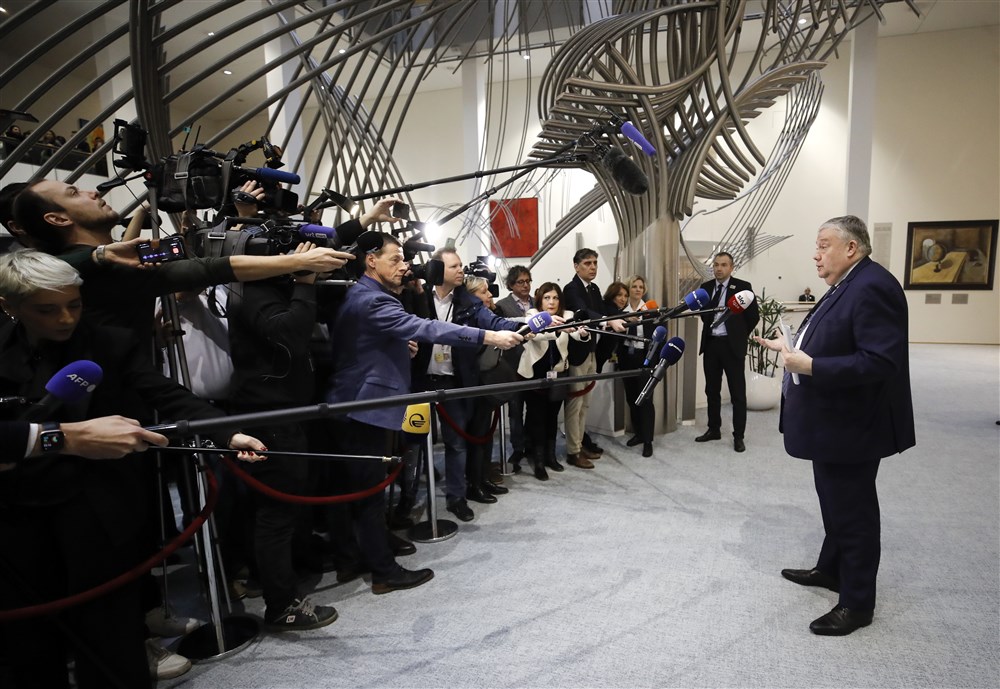The Qatargate scandal, now three months young, has revealed the seedy underbelly of the European Parliament: an assembly where Euro MPs – allegedly – accept suitcases full of banknotes from secret service spooks representing non-EU nations in exchange for good public relations.
This form of sordid bribery is however far from the only way regimes, and businesses, can influence the EU’s law-making machine.
Brussels is in fact the “Wild West” of the lobbying industry: a town where anything goes, where practices unlawful elsewhere are everyday fare, according to Flemish website MO (whose funders include NGOs and the Flemish Government).
“Anyone who thinks of disinformation only as troll factories that operate from the depths of dark regimes: think again. Disinformation is just as linked to legal business in Western countries; it works in all subtlety and is better organised than ever. And there are millions to be made”, the website states.
Unlike in the US, the EU does not operate a mandatory transparency register for lobbyists. If you are acting on the behalf of a foreign state and do not register, you risk prison in the US. The EU’s optional register, by contrast, is full of errors and state actors are not required to make any entry at all.
Post-Qatargate, there has been talk of a cleanup, though MEPs are already back-peddling, as reported on this website.
A common way less-than-reputable actors can influence opinion in Brussels is by penning an article – sometimes tendentious, sometimes full of untruths – and hoodwinking academics, or any other public figure, into put their name to it before forwarding these “opinion” pieces to websites. MO details some of the many attempts by spin doctors, often in the pay of “think tanks” or other vaguely named lobbying associations, that have succeeded using this technique.
In the internet age, where space has to be filled, it could even be argued that this practice has become a journalistic mainstay. So-called “good” lobbyists, such as the many Brussels-based NGOs, use it, and defining “untruth” or “tendentious” is tricky to say the least. In an environment where journalists are expected to churn out many articles every week, these spin doctors are pushing at an open door: few editors can resist quick, free, page-ready copy.
This is summarised succinctly in the MO article: “It is very difficult to accuse lobbyists of spreading disinformation when the problem is simply ingrained in the way the media operates.”
In addition to the Parliament and the lobbying industry, media is, according to this point of view, also in need of reform. This is however another tricky subject. MO, for example, does not hide the fact that it receives funding from the Flemish Government. Is this a potential conflict of interest? The Flemish people, one survey showed, were angry with publicly-subsidised Flemish media which, during the Covid crisis, uncritically repeated government “propaganda”. Belgium dropped 11 places in the Reporters Without Borders media freedom index in 2022, partly as a result.
Brussels is thought to have the highest density of spies in the world. When you factor in the many dodgy information-gatherers, disseminators and lobbyists, it is a minor miracle that anyone ever gets to the truth.





Minting it: Euro MPs pad out salaries with ‘side jobs’